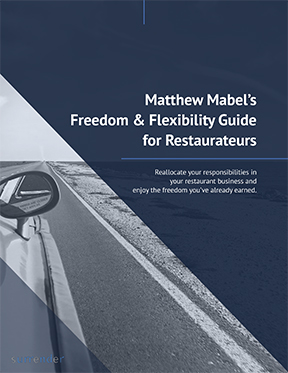
By now, we’ve all shared the February New York Times article “Restaurants to Customers: Don’t Call Us, We Won’t Call You.”
It’s about a growing trend in restaurants – of communicating only by email or text, not phone.
In the article, one restaurant owner complains that, to talk to guests, “to pay someone $15 an hour or whatever is outrageous.”
At what point does hospitality become more trouble than it’s worth?
A Real-Life Answer to That Question
Last week, I planned to head to a restaurant I had never visited before to meet a friend who frankly identifies as directionally challenged, even with support from Siri, and needed help.
Their location? In a multi-block mixed-use development.
I called them to find out what landmark existed next door. What neighboring store would I recognize to be able to find them?
But there was nobody to answer that question.
They had joined the “we don’t have a phone” movement.
They did have a text option, however, so I texted.
Fifteen minutes later I received a texted address miles from the location. Then the agent told me they had no idea what existed nearby, texting me, “We do not have the exact location.”
I had lunch somewhere else.
Restaurants Move in One of Two Directions
Some restaurants sell food and have atmosphere, and abandon hospitality; others win by stressing hospitality.
As this divide continues, guests choose which they want to pay for.
My clients – successful owners of multi-unit restaurant companies – come down on the side of hospitality.
They are the Davids who do hospitality better than any big company Goliath.
Conduct a Hospitality Check on Your Restaurants
To stay ahead of the competition, the best operators perform “hospitality checks.”
- They go to competing restaurants to find things competitors do better than they do – not to criticize those restaurants.
- They challenge their people to connect every action they take to a guest benefit.
- They practice what I call “mindful dining” in their own restaurants – using awareness techniques to see their restaurants from the guest point of view.
- They make hospitality part of their culture and make sure people treat hospitality as more important than money.
Any operator who runs a “hospitality check” on their own restaurants creates a list of opportunities to talk about, objectives to build more effectively into education and training programs, and new measurements of success.
The payoff is increased revenue and profit – outrageously bold, unusual, and startling.
Over to you. What has the “hospitality check” you conducted revealed? What actionable items will allow you to reap the benefits?

